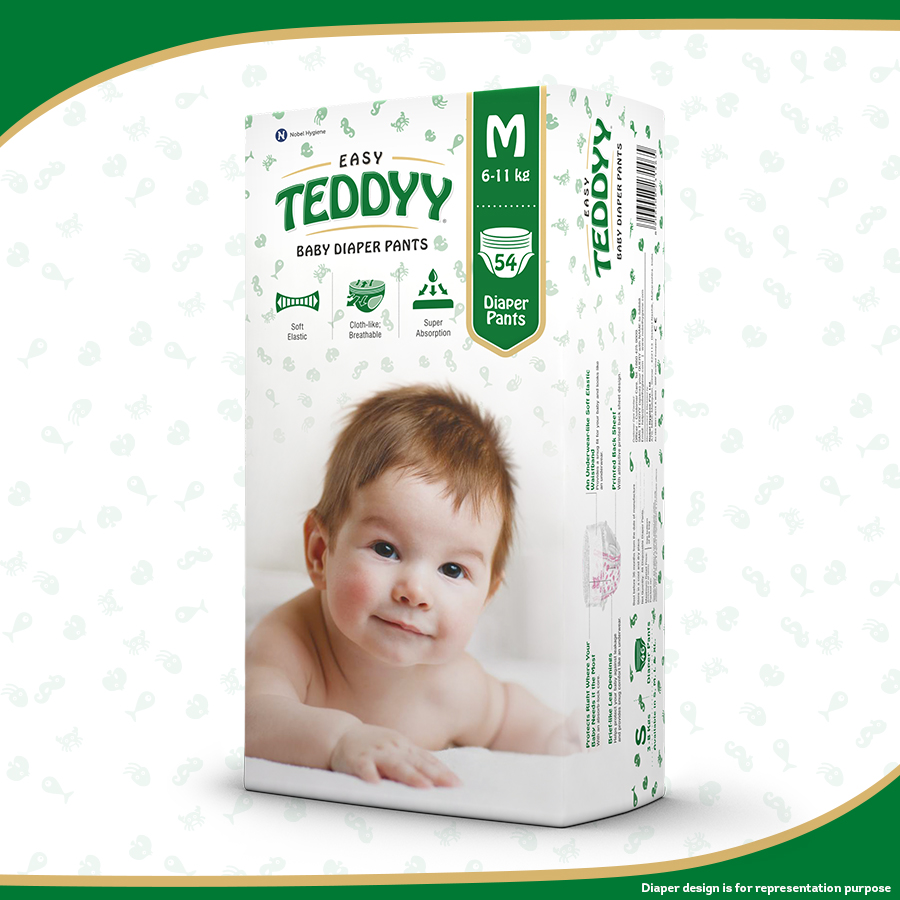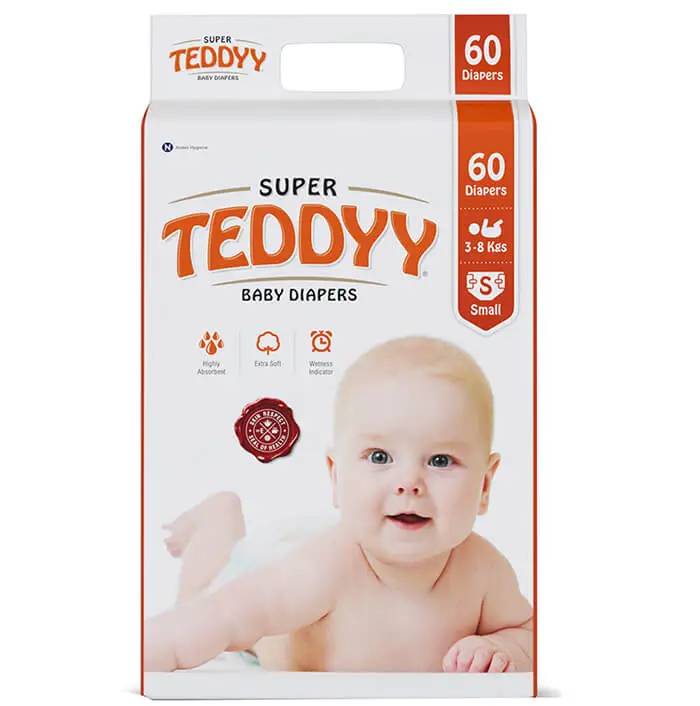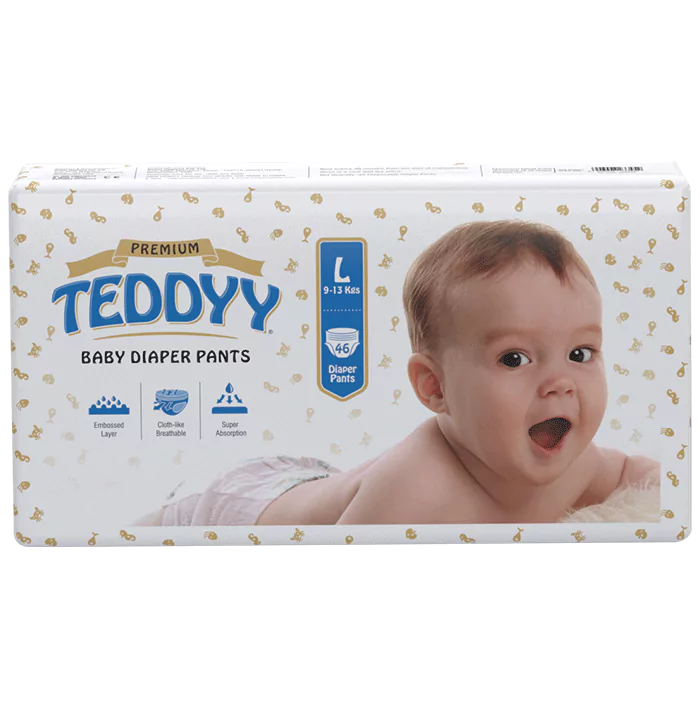First Trimester Nutrition: 1 to 3 Month Pregnancy Diet Chart
Still getting used to the morning sickness and not sure what you can eat and what not to eat? Don’t worry! We’re here to help. Eating the right foods is essential for your baby’s development and your well-being. In this guide, you’ll get a simple and nutritious 3 month pregnancy diet chart, tips for managing nausea, and healthy snacking options.
First Trimester Pregnancy Food Chart
Choosing what to eat and what not to eat can be confusing during the first few months of pregnancy. Here’s a 1 to 3 month pregnancy diet chart you can use as a guide.
| Pre-Breakfast Snack | Morning/Evening Breakfast | Lunch | Dinner |
| Day 1 | |||
| Banana Milkshake | Wheat dosa with Tomato sabzi, Ginger Tea | Rice with vegetable curry | Roti with veggies |
| Day 2 | |||
| Homemade fruit juice with pomegranate, guava, or oranges | Moongdal chilla with pudina/coconut chutney, Til ke Laddu | Chapati with veggies | Dosa with sambhar |
| Day 3 | |||
| A glass of turmeric milk | Veggie-rich upma, Dry Fruits | Pulao with raita | Parathas |
| with chutney | |||
| Day 4 | |||
| 8-12 pieces of mixed dry fruits (cashews, almonds, raisins) | Parathas with chutney, Lemon Tea | Rasam rice with papad | Ragi roti with veggies |
| Day 5 | |||
| Carrot juice | Veggie-rich poha, Sweet Potato | Lemon rice with raita | Dosa with sambhar |
| Day 6 | |||
| Ginger tea | Moongdal chilla with pudina/coconut chutney, Mixed Fruits | Chapati with veggies | Veggie-rich poha |
Remember, your first month of pregnancy food chart need not continue to be your 2nd-month pregnancy food chart. Listen to your body and make changes in your diet accordingly in the 2nd and 3rd month pregnancy diet chart.
If you want a detailed 2 month and 3 month pregnancy food chart, you can find them below:
2nd month pregnancy food chart
3rd month pregnancy food chart
Breaking Down the Components of the 1 to 3 Month Pregnancy Diet Chart
Here’s a simple breakdown of what to include in your first 3 month pregnancy diet chart:
Folate-Rich Foods
Folate, or folic acid, is crucial for early fetal development. Eat plenty of leafy greens like spinach, kale, and broccoli. Legumes such as lentils and beans are also great sources.
Protein
Protein helps with your baby’s growth. Include lean meats, poultry, fish, eggs, and dairy products in your meals. Plant-based proteins like tofu and beans are also excellent.
Calcium:
Calcium is important for building your baby’s bones and teeth. Dairy products like milk and cheese are rich in calcium. If you’re lactose intolerant, opt for fortified plant milk or leafy greens.
Iron
Iron supports the increase in blood volume during pregnancy. Include lean red meats, poultry, fish, lentils, and spinach. Pairing iron-rich foods with vitamin C-rich foods like oranges can enhance absorption.
Fruits and Vegetables
Fresh fruits and vegetables provide essential vitamins, minerals, and fiber. Berries, citrus fruits, and bell peppers are especially beneficial.
Whole Grains
Whole grains like brown rice, oatmeal, and whole wheat bread provide energy and important nutrients like fiber, iron, and vitamins.
Eating small, frequent meals can also help manage nausea and keep your energy levels stable.
Managing Nausea and Food Aversions
Managing nausea and food aversions can be challenging during pregnancy. Try to include the following food in your first month of pregnancy diet chart to help you deal with nausea better.
- Try eating small, frequent meals throughout the day to keep your stomach settled.
- Bland foods like crackers, toast, and bananas can help ease nausea.
- Ginger tea or ginger candies might also provide relief.
- Stay hydrated by sipping water, herbal teas, or clear broths.
- If certain smells trigger nausea, avoid those foods and opt for cold meals, which have milder scents.
Remember, it’s okay if you can’t eat everything you planned. Focus on what you can tolerate, and be kind to yourself.
Healthy Snacking
Healthy snacking is important during pregnancy to keep your energy up and provide essential nutrients.
- Try snacks like a handful of nuts or whole-grain crackers.
- Fresh fruits like apples, bananas, and berries make great snacks too.
- Remember to choose snacks that combine protein, fiber, and healthy fats to keep you satisfied longer.
Enjoy your snacks and take care of yourself – you’re nurturing both you and your baby!
Our Products
Hydration Matters
Staying hydrated is crucial during pregnancy. Drink plenty of water throughout the day to support your baby’s development and keep you feeling good.
- Aim for about 8-10 glasses daily.
- If plain water is hard to drink, try adding a splash of lemon or a few cucumber slices for flavor.
- Herbal teas, milk, and fresh fruit juices also help with hydration.
- Eating water-rich foods like watermelon, cucumbers, and oranges can boost your fluid intake too.
Remember, staying hydrated can help reduce nausea, prevent headaches, and keep your energy up.
Supplements and Vitamins
Taking prenatal vitamins is important during pregnancy. They provide essential nutrients like folic acid, iron, and calcium that support your baby’s growth and your health. Always follow your healthcare provider’s advice on which supplements to take. Remember, these vitamins are a helpful addition to a balanced diet.
Conclusion
Remember, a balanced diet is key to a healthy pregnancy. Focus on nutrient-rich foods, stay hydrated, and listen to your body. Don’t stress over food aversions – do your best and be kind to yourself. You’re doing an amazing job nurturing your baby and yourself! Always consult your healthcare provider for personalized advice.


Bananas, apples, watermelons and oranges are great for pregnancy. They provide vitamin C, folate, and fibre, helping with hydration, immune support, and preventing neural tube defects.
Leafy greens like spinach are ideal. They offer essential nutrients like iron, calcium, and folate, supporting your baby’s growth and your health.
Focus on folate-rich foods like lentils, fortified cereals, and leafy greens. These support early fetal development and reduce the risk of birth defects.
Avoid raw or undercooked seafood, meats, and unpasteurised (unboiled) dairy. These can contain harmful bacteria or parasites that pose risks to you and your baby.v





